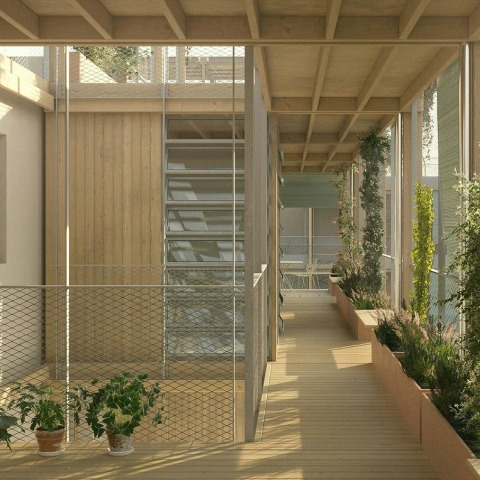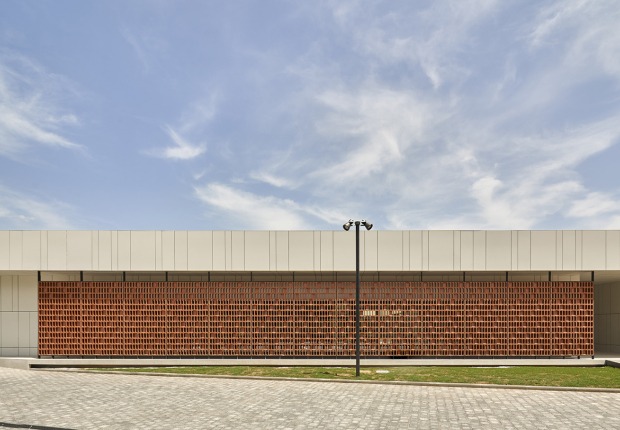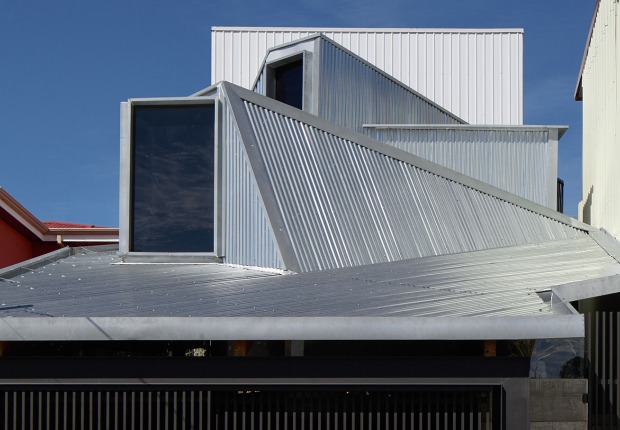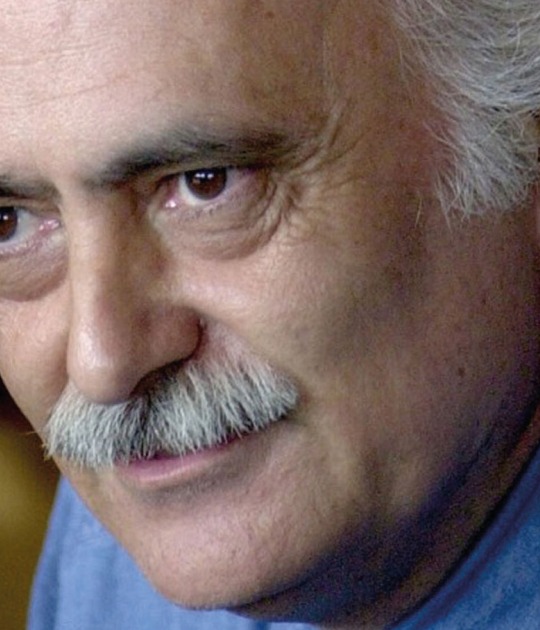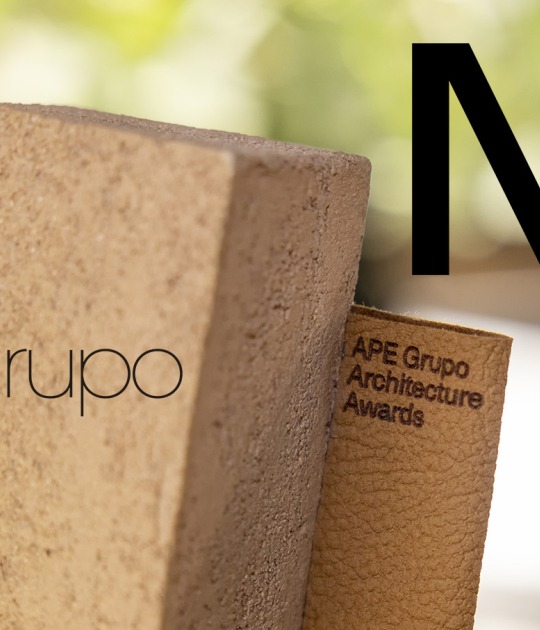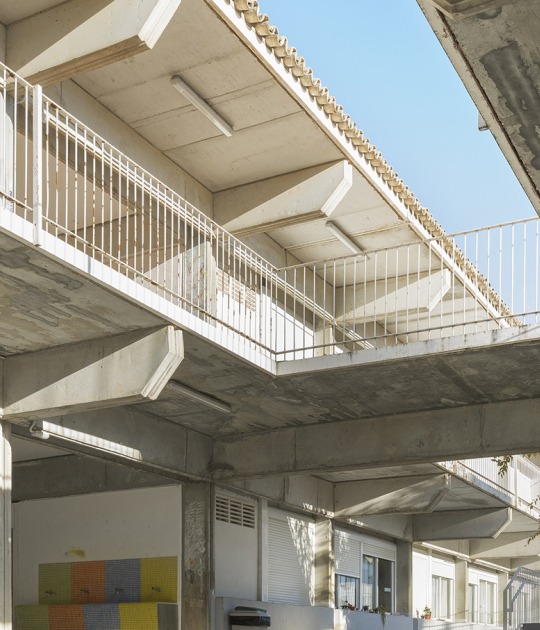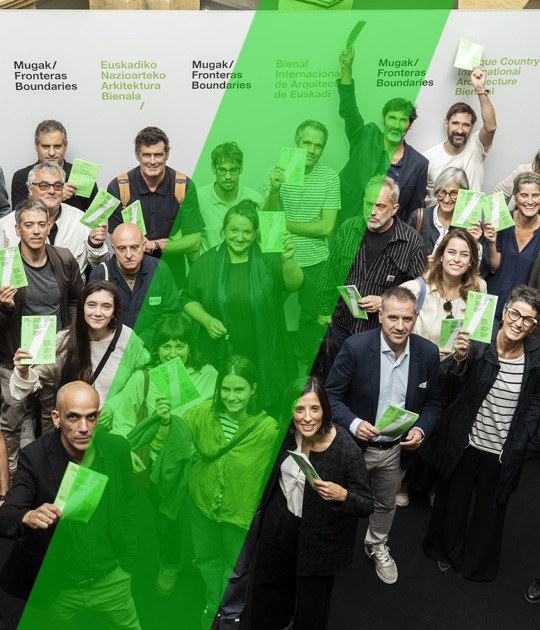Participants are professors teaching in a professionally accredited bachelor's, master's or doctoral program in architecture, landscape architecture, interior architecture, urban planning or engineering in Europe. The research must be carried out in an academic institution. Core members are expected to work collaboratively with faculty from other disciplines, professionals, organizations, or community representatives in addition to students enrolled in the studio or seminar.
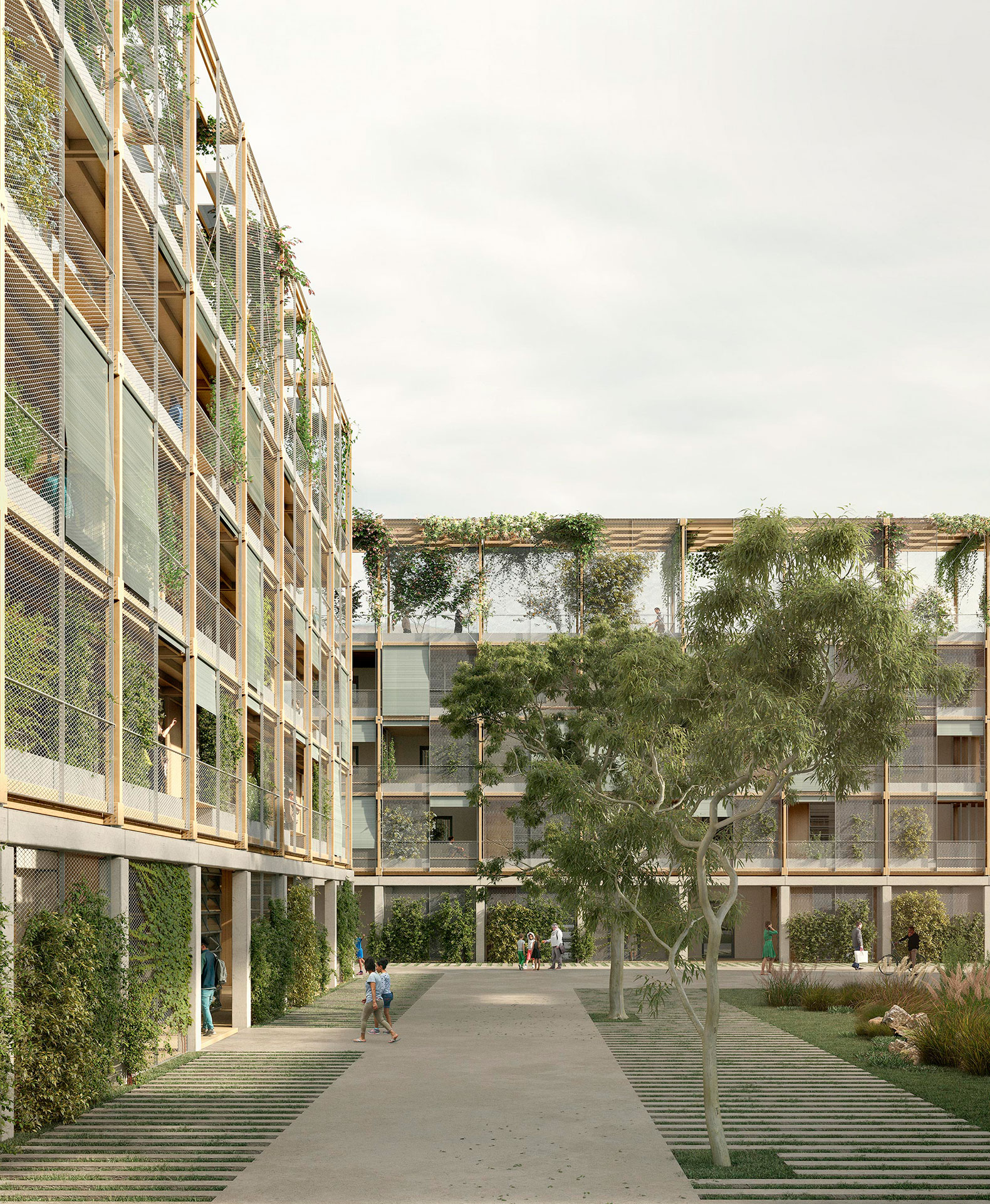
Open System for the Urban Regeneration of Housing Estates: A Case Study in Barcelona by REARQ UPC.
The research group REARQ has a strong line of investigation and teaching focused on rehabilitating large modern residential complexes. Recently, thanks to an award from the Barcelona City Council, REARQ designed a full-scale prototype of an “abstract” or open system for improving habitability and energy efficiency in existing buildings. With this foundation, the group will design adapted versions for residential buildings in the Southwest Besòs neighborhood and test their impact and potential for improvement. The main hypothesis is that, with adaptations, this system can provide a strategy that takes into account the collective, environmental, and social dimensions of multifamily housing while also improving specific features.
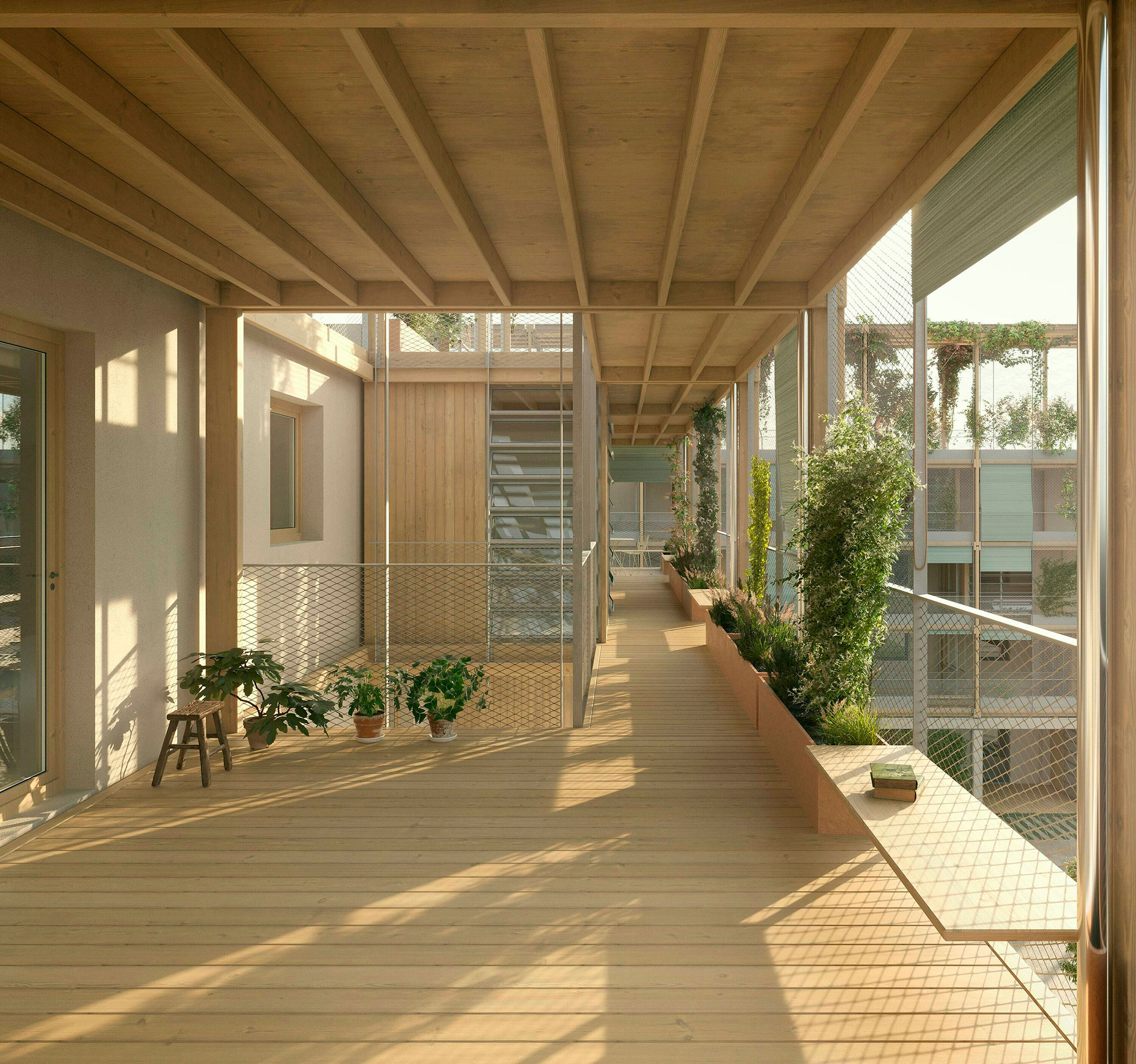
Open System for the Urban Regeneration of Housing Estates: A Case Study in Barcelona by REARQ UPC.
This year’s jury was led by SOM Foundation Executive Director Iker Gil and included Nana Biamah-Ofosu (Architect and director, YAA Projects; Tutor, Architectural Association; and Lecturer, Kingston School of Art, London), Meredith Bowles (Founding Director, Mole Architects, Cambridge; Visiting Professor, The University of Suffolk; and Faculty, University of Cambridge Department of Architecture), Kieran Long (Director, ArkDes, The Swedish Centre for Architecture and Design, Stockholm), and Tatjana Schneider (Professor, Architectural Theory; Head, Institute for the History and Theory of Architecture and the City and the Architecture and Engineering Collection, Technische Universität, Braunschweig).
